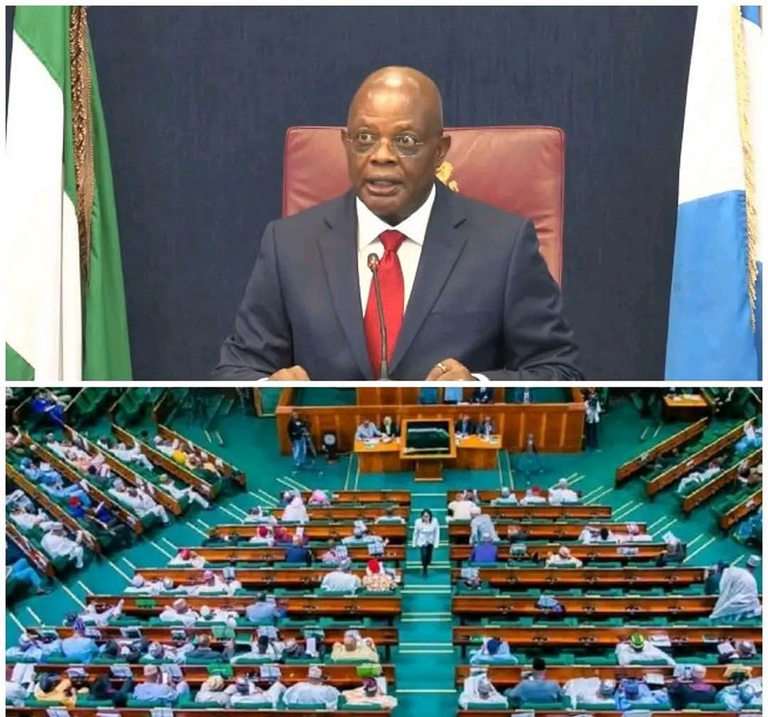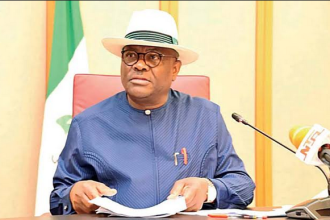The recent directive by Nigeria’s House of Representatives requiring Rivers State’s Sole Administrator, Vice Admiral Ibok-Ete Ibas (rtd.), to report directly to the National Assembly has elicited a spectrum of reactions from various stakeholders.
Initially, President Bola Tinubu’s emergency proclamation stipulated that the Sole Administrator would report to the Federal Executive Council (FEC). However, the House of Representatives amended this directive, invoking Section 11(4) of the Nigerian Constitution, which empowers the National Assembly to assume legislative functions when a state’s assembly is incapacitated. Consequently, the House mandated that Ibas report directly to the National Assembly for legislative approvals and oversight. .CONTINUE READING
This decision has been met with mixed reactions. Some civil society groups and political analysts have expressed concerns over the constitutional implications of appointing a Sole Administrator, arguing that such a position is not recognized by the Nigerian Constitution. The BOOT Party has filed a lawsuit against President Tinubu and others, seeking to nullify the state of emergency declaration and the appointment of the Sole Administrator.
Conversely, certain groups have lauded the National Assembly’s move, viewing it as a step toward ensuring accountability and adherence to constitutional provisions during the emergency period. Supporters argue that direct reporting to the National Assembly enhances transparency and aligns with the legislative body’s oversight responsibilities.
As the situation unfolds, the directive’s impact on governance and the restoration of democratic processes in Rivers State remains a focal point of national discourse.CONTINUE READING






